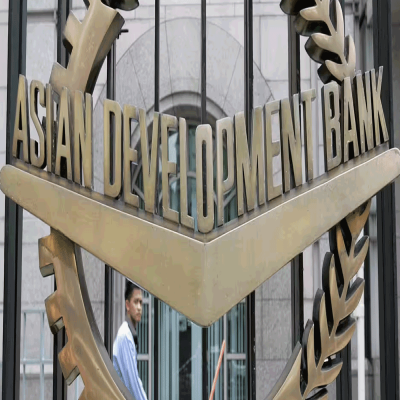

India formalised agreements with the Asian Development Bank (ADB) for two loans, each amounting to $250 million, primarily designated for the nation's infrastructure sector.
The first ADB loan is allocated to support India's National Industrial Corridor Development programme, while the second will contribute to the funding of the 82-kilometer Delhi-Meerut Regional Rapid Transit System (RRTS) corridor, as outlined in statements by the multilateral institution.
The signings transpired between Juhi Mukherjee, Joint Secretary in the Finance Ministry, and Hoe Yun Jeong, Deputy Country Director at ADB.
Previously, the ADB had sanctioned a $1.049 billion Multi-tranche Financing Facility (MFF) to facilitate the construction of the RRTS. According to Mukherjee, the RRTS project aims to enhance urban mobility, with particular benefits for women and differently-abled individuals, attributing to its positive economic impact.
Traversing through densely populated sections of the national capital region, the 82-km corridor intends to provide rapid, secure, and high-capacity commuter transit services, thereby reducing travel time from the current three to four hours to approximately one hour, according to statements.
The second $250 million loan is dedicated to sustaining industrial corridor development, aiming to enhance manufacturing competitiveness, strengthen national supply chains, foster connections with regional and global value chains, and generate more high-quality jobs, according to another ADB statement.
This loan builds upon a prior $250 million financing approved by the ADB in October 2021, which supported the policy frameworks for India's National Industrial Corridor Development Programme (NICDP) and the development of 11 industrial corridors.
The most recent loan will contribute to the integration of industrial corridors with transport, logistics, and urban facilities under the Gati Shakti platform, stated Jeong. He further emphasised that it will promote gender equality in manufacturing and corridor development, in addition to facilitating training and upskilling of workers in industrial corridors.